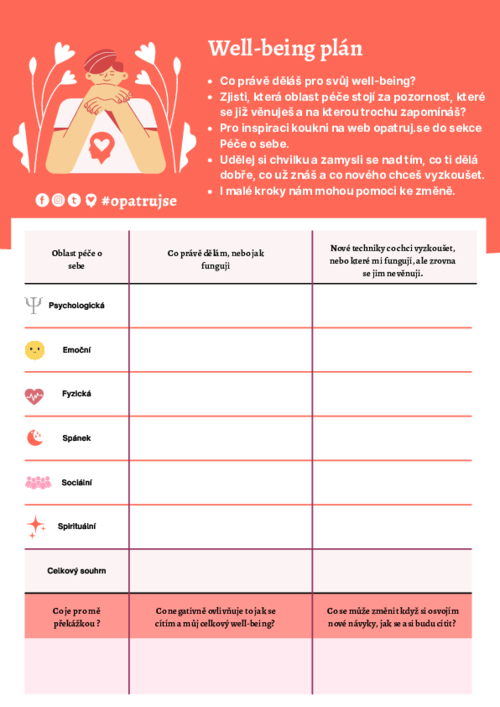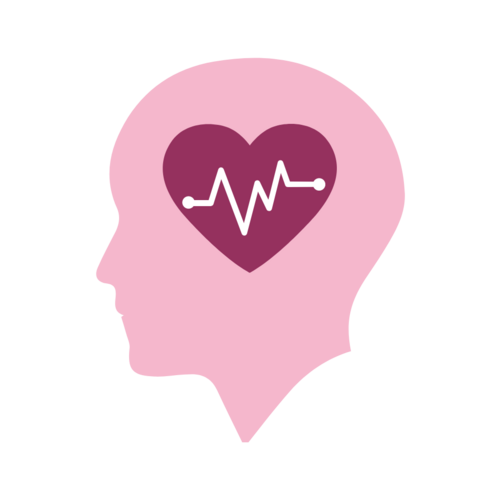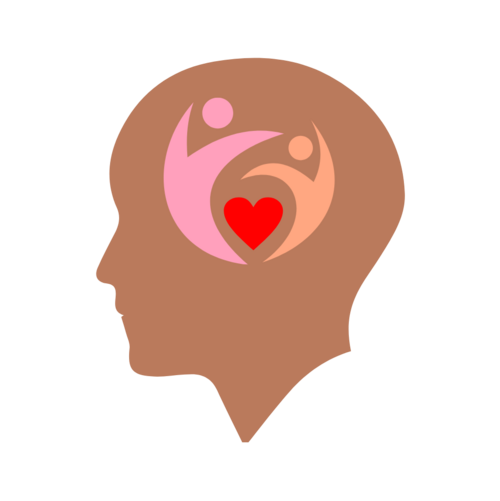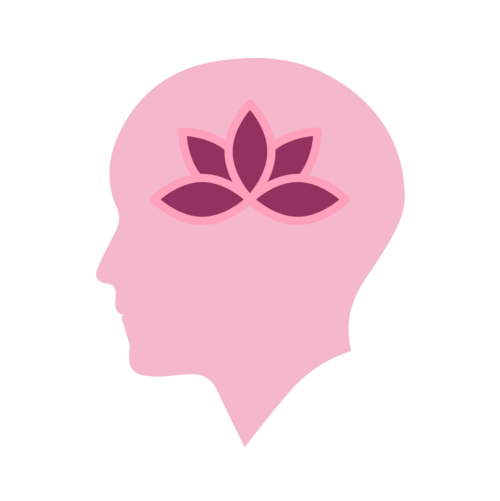Self-care definition
WHO defines self-care as “the ability of individuals, families and communities to promote health, prevent disease, maintain health, and to cope with illness and disability with or without the support of a healthcare provider.” Mental health includes our emotional, psychological, and social well-being. Mental health related self-care involves active practice towards improving and maintaining all of these components which are influenced by a range of factors. Regardless of the state one is in on any given day, week, or month, self-care is an important aspect which can enhance one’s quality of life.
Self-care approaches for mental well-being
Self-care is important in gaining and maintaining mental wellbeing. Everyone’s self-care can look different, but ultimately self-care is about identifying and adopting a lifestyle through which one can realize his or her own abilities, can cope with the normal stresses of life, can work productively and fruitfully, and is able to make a contribution to his or her community. Self-care can include many different components like sleep, diet, exercise, yoga, mindfulness, meditation, faith-based practices, etc.

Well-being plan
Self-care is important for everyone’s mental well-being regardless of whether or not an individual has a mental illness. Many people use self-care strategies to assist with mild symptoms like anxiety or low mood associated with a diagnosed mental illness, but self-care is also a path to improved mental well-being for everyone. Self-care activities can be small- to large-scale habits, but it also means that you continue doing things that are important to you. No one is perfect at self-care, and that’s OK and to be expected, but if we make self-care a life-long goal, and try to practice self-care regularly, then we will feel and function better.










